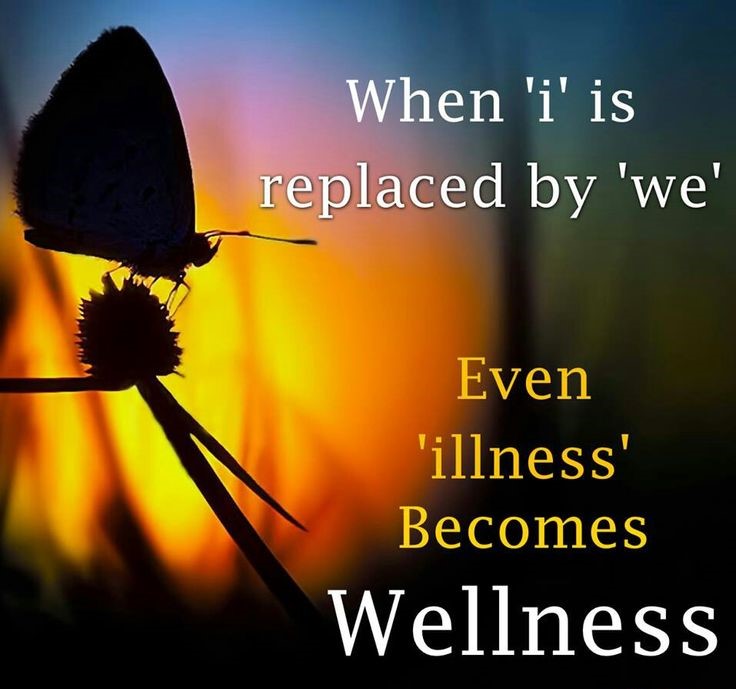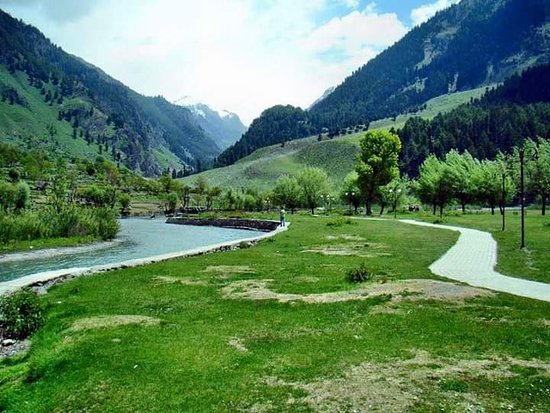A Dangerous Political Shift Kashmir Can No Longer Ignore
By: Javid Amin | Srinagar | June 10, 2025
I’ve watched Kashmir’s political evolution for years. I’ve covered the rise of parties, the fall of ideologies, and the emotional tides that sweep through this beautiful yet beleaguered land. But what I see now is deeply troubling — a shift not just in political strategy but in moral center.
We were once a people driven by a shared cause, a collective cry for dignity, identity, and justice. But today, Kashmir’s politics is mutating — from dynastic dominance to something even more dangerous: a politics of ‘I’, not ‘we’. A politics where personal ambition trumps public service. Where the seat matters more than the soul. And where leadership has become synonymous with self-promotion.
The Rise of Self-Centered Politics
What used to be a family business — dynastic politics — has now been upgraded to brand politics, where individual leaders campaign less on policies and more on personal cults.
Social media, once seen as a democratizing tool, has become a digital stage for ego-building. Politicians today no longer talk about us — the people, the issues, the pain. They talk about themselves — their ‘vision’, their ‘sacrifice’, their ‘struggle’. The word “we” has slowly disappeared from our political discourse. And that’s a problem too big to ignore.
“Politics is no longer about the people; it’s about the person. And in Kashmir, that shift is not just cosmetic — it’s catastrophic.”
Why This Shift Is Dangerous for Kashmir
Kashmir isn’t just another region. It’s a place where politics carries the weight of history, trauma, aspiration, and resilience. Here, political individualism is not leadership — it’s abandonment.
This hyper-individualistic style of politics:
-
Silences collective wisdom and community engagement.
-
Erodes institutional integrity in favor of personality cults.
-
Leaves no space for dissent within parties — or democracy.
-
Turns voters into followers, and issues into slogans.
The Curse of Dynastic Politics — Now Upgraded
Let’s not pretend dynastic politics ever served us well. It created political monopolies, gatekept leadership opportunities, and smothered young, dissenting voices. But now, we’ve gone one step worse.
At least dynasties had legacies to protect — some track record of public service, however flawed. Today’s new-age politicians don’t even bother with that. Armed with PR teams, social media campaigns, and performative politics, they build empires not on service, but on self-praise.
“They don’t walk with the people. They walk in front of cameras.”
The Loss of Real Leadership in a Region That Desperately Needs It
Kashmir is at a political crossroads. Post-Article 370, the region has entered an uncertain new era. Bureaucracy has taken over governance. Political vacuum has deepened. And yet, the one thing that could anchor us — principled leadership — is vanishing fast.
What Kashmir needs today is:
-
A leader who listens, not lectures.
-
A leader who shares power, not hoards it.
-
A leader who engages the grassroots, not influencers.
-
A leader who says “we”, even when “I” would be more convenient.
But instead, we are watching a parade of politicians who confuse Instagram likes with public support, who believe virality equals viability, and who mistake slogans for solutions.
When the Community Becomes a Backdrop
In this new brand of politics, the community is not a partner, but a prop. Leaders don’t rise through community consensus — they rise through curated charisma.
Grassroots issues like unemployment, drug abuse, gender injustice, and rural poverty are now footnotes in manifestos — overshadowed by ego battles, retweets, and speech soundbites.
In this spectacle, the real Kashmir — the suffering, struggling Kashmir — disappears.
Why ‘I’ Must Be Replaced With ‘We’ Again
I write this not just as a journalist, but as a Kashmiri. A Kashmiri who is exhausted watching politics become performance art. Who’s tired of waiting for the next politician to rise — not from a throne or a family name, but from the soil, from the struggle, from us.
We need leaders who:
-
Organize, not just orate.
-
Work quietly, not shout loudly.
-
Share credit, not steal it.
-
Build platforms, not pedestals.
Rebuilding a Politics of the People
If we’re serious about saving Kashmir’s political future, we need to rebuild the idea of politics itself. Not around families. Not around faces. But around values.
What Can Be Done?
-
Reform political parties to allow internal democracy — real debates, real dissent.
-
Capitalize on youth energy, not co-opt it with tokenism.
-
Promote issue-based leadership — economy, environment, education — not entitlement.
-
Strengthen institutions, not personalities.
Youth Must Lead the Reversal
This is a generational responsibility. Young Kashmiris must demand more than tweets and headlines. They must:
-
Ask hard questions.
-
Resist personality cults.
-
Organize on issues.
-
Push for inclusive politics.
We cannot afford to be passive spectators in a political theatre that’s burning down our own house.
Bottom-Line: The Seat Is Not the Mission
To those who dream of leading Kashmir: your mission is not the chair. It is the change.
Your goal is not to become famous. It is to become useful.
Because Kashmir does not need another ‘I’. It needs a leader who can build a ‘we’ — a ‘we’ that includes the poor, the silenced, the overlooked, the young, the hopeless, and the brave.
Until that happens, Kashmir’s politics will remain a parade of performers in a democracy that deserves so much more.


